5. Jose Padilha – Robocop (2014)
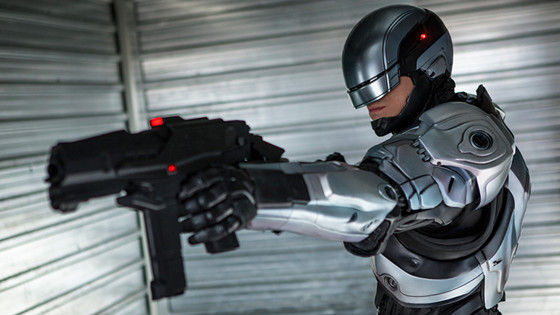
Pre-Hollywood: After causing a stir with his politically charged documentary “Bus 174” (2002), Brazilian bred Padilha followed up on the buzz with the brutal and compelling cop opus “Elite Squad” (2007) and its sequel “Elite Squad: The Enemy Within” (2010).
Film in Question: The remake to Paul Verhoeven’s gory yet whip smart 1987 Sci-Fi spectacle had been toiling away with several false starts over the years. Despite all the bad mojo, Padilha eagerly sought after the project as his Hollywood debut, with his hands-on approach to authentic police stories and scathing political commentary making him a shoe-in for a modern take on our favourite cyborg.
Yet, his personal touch is only briefly hinted at in the final product – an impressive opening showcases a bigger military technology infused world with plenty of meat for Padilha to chew off of yet once the plot chugs forward all potentially interesting commentary is dropped in favour of a by-the-numbers superhero-lit origin tale with an over-reliance on underwhelming shoot-outs drowning in CGI.
Also for a a director so steeped in gritty and authentic filmmaking, the crime element and location photography are severely lacking and uninteresting. This is all despite a colourful cast (Joel Kinnaman, Gary Oldman, Michael Keaton) doing solid work with Kinnaman impressing the most. Still it can’t be remedied that that this is a toothless, unimaginative remake of a milestone genre piece that was quickly and rightfully forgotten. It was obvious Padilha’s individual voice had been washed out by studio notes.
Aftermath: It’s too early to say since Padilha has yet to follow-up with a feature. Still, he has gone on record claiming the studio fought him on the film tooth-and-nail and that the final product was compromised at best, an experience he wouldn’t like to repeat – so is a return to Brazil imminent?
The only notable work he did was collaborating again with ‘Elite Squad’ star Wagner Moura for Netflix’s Pablo Escobar chronicle “Narcos” which he directed several episodes and executive produces. It’s a fittingly mature and compelling TV show operating with the grey morality he’s so fascinated by but all credit can’t be given since he is only one of the people involved on the series.
4. Wong Kar Wai – My Blueberry Nights (2007)
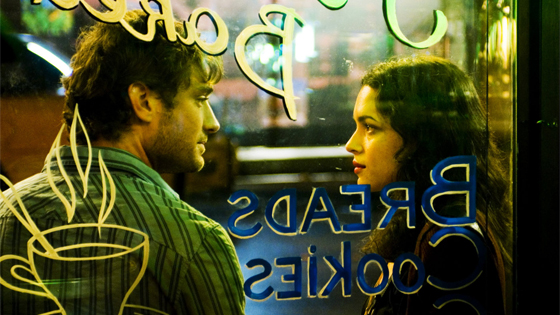
Pre-Hollywood: Wong was an iconic presence behind-the-camera during the mid 90’s, tackling the Hong Kong industry, that specialised solely in mainstream genre fair, with a European sensuality and elegance. He made several melancholy films with similar themes and pathos but “Chungking Express” (1994) was the one that really broke into the zeitgeist. It started a breakneck creative period for him that saw high peak’s with “In the Mood For Love” (2000) and “2046” (2004).
Film in Question: Wong always had enough clout in Hong Kong to do whatever tackled his fancy, he never needed to make a Hollywood film for career reason but he still had toyed with the idea. After the prolonged and difficult shoot for “2046” he wanted a palette cleanser with a ‘new landscape’ and so set-up a stateside project.
Although technically he had already directed in english for the web series “The Hire”, his first proper feature was “My Blueberry Nights” his unique take on that well-worn piece of Americana – ‘the road movie’.
The film fails in similar fashion to Kitano’s American mis-step, all the stylised flourish – gorgeous cinematography, the hardship of loneliness explored, suitably beautiful people emote, yet with its western cast the whole experience comes off as grating and awkward. At best – it’s a shallow attempt at being genuine, at worst, like a parody of Wai’s better work.
It doesn’t help that lead Nora Jones is a bland screen presence and much of the film (including the cloying voice-over) rests on her shoulder, whereas if it was Maggie Cheung the entire piece would have been lifted. The critics weren’t pleased with it either, citing it as Wai’s first proper failure.
Aftermath: Wong returned to HK, quickly writing off the ordeal as a failed experiment and concentrated on a long time passion project “The Grand Master” (2013) starring his regular muse Tony Leung and based on the life story of Ip Man. Sure, the Donnie Yen film was more historically educational and grounded with its fighting but Wong’s take was luscious, emotional and involving ride involving some of the most artful fight scenes created.
3. Oliver Hirschbiegel – The Invasion (2007)
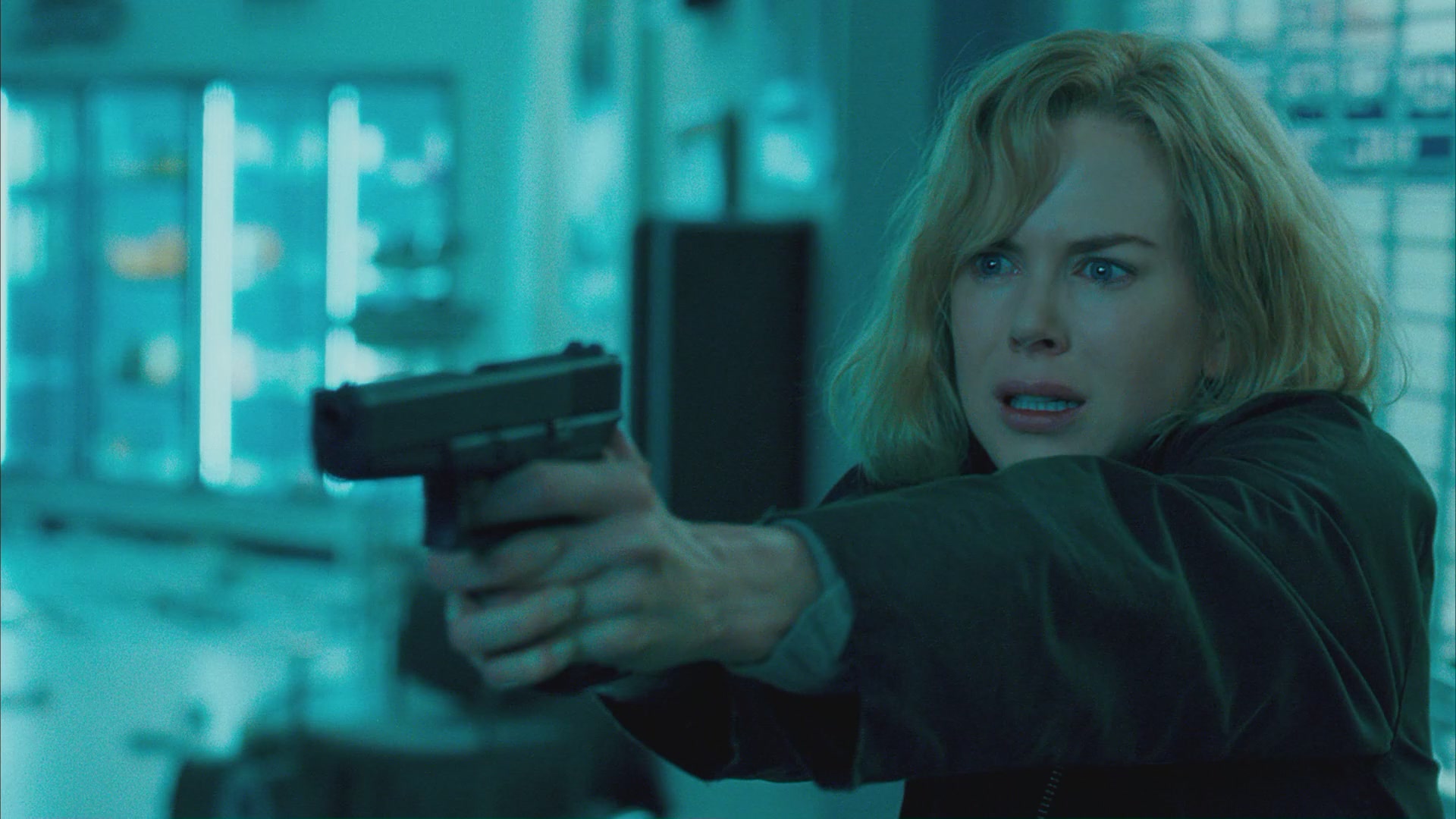
Pre-Hollywood: Hailing from Germany, Hirschbiegel made the tense and thought-provoking thriller “Das Experiment” (2001) before blowing away international audiences with the devastating dissection of Hitler’s last days “Downfall” (2004).
Film in Question: Despite a brief flirtation with directing the third “Blade” movie, Hirschbiegel successfully dodged that bullet by dropping out in pre-production.
With his next effort he wouldn’t be as lucky, he took on Warner Bros offer to direct the fourth adaptation of Jack Finney’s “Invasion of the Body Snatchers”. Dropping a new iteration every decade or so by a unique director had become a horror tradition and their was no reason Hirschbiegel couldn’t churn out an effort that stood proudly next to its compatriots.
The German director’s original cut had zero green screen, relying more on off-kilter camera work and atmosphere to accompany its biting commentary on Washington’s political world. Unfortunately Warner’s was underwhelmed with his slow burn take and got the Wachowski brothers and James McTiegue to re-jig it for a more crowd pleasing action infused fare.
The result is a muddled, tonal car crash with a first half that is effectively building in tension ending up in a murky mess of hallow set-pieces and pod people puking on each other – hardly fitting next to Hirschbiegel’s classier former efforts.
Aftermath: You can’t blame Hirschbiegel for persistence, he stuck it out in the west and directed two more underwhelming dud’s – the meandering “Five Minutes in Heaven” (2009) and the colossal failure “Diana” (2013). Fortunately a return to Germany resulted in his most exciting film in a decade “13 Minutes” (2015), a fascinating history lesson and compelling directed thriller to boot.
2. Chen Kaige – Killing Me Softly (2002)
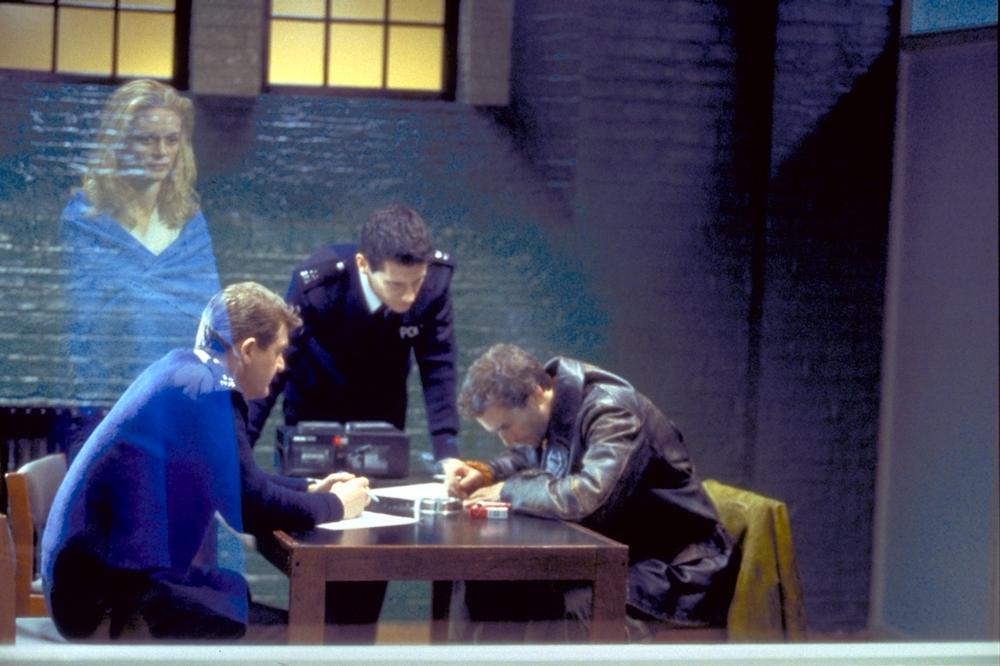
Pre-Hollywood: Kaige was one of the main forces behind a wave of new cinema from China emerging in the mid 80’s – along with his fellow graduate Zhang Yimou, they created a slew of elegantly told, visually striking melodramas (usually starring Gong Li) that shook up the art scene internationally. Kaige’s impressive run of films included the haunting “Farewell My Concubine” (1993) and the rip-roaringly epic “The Emperor and the Assassin” (1999).
Film in Question: Kaige made his mis-step to West with this erotic thriller “Killing Me Softly” starring the then very ‘hot’ duo of Joseph Fiennes (Shakespeare in Love) and Heather Graham (Boogie Nights), who became quickly ‘not so hot’ after this disaster of a movie.
It’s baffling to think that the talented and thoughtful Kaige was attracted to such trashy nonsense for his Western debut, one can only blame it on his unfamiliarity to the industry and assume he thought it was feasible popcorn material with foreign audiences.
He does his best with his technical finesse to gloss over the material but you can only polish a turd so much – the performance are wooden, the plot frustratingly nonsensical and the gymnastic sex scenes are unintentional comedy gold. The film was quickly dismissed, topping several ‘worst of 2002’ lists before the year was done.
Aftermath: Kaige didn’t waste any time returning to China and bounced back almost immediately with the genuinely heartfelt “Together with You”, released the same year as his flop. Since then his career has been stumbling slightly as he attempts to outdo Yimou’s prolific status with average Wuxian fantasy – “The Promise” (2005) and “Monk Come Down From the Mountain” (2015). Regardless, the man still has a strong distinct voice that continues to flourish in a series of steady projects.
1. Hideo Nakata – The Ring Two (2005)
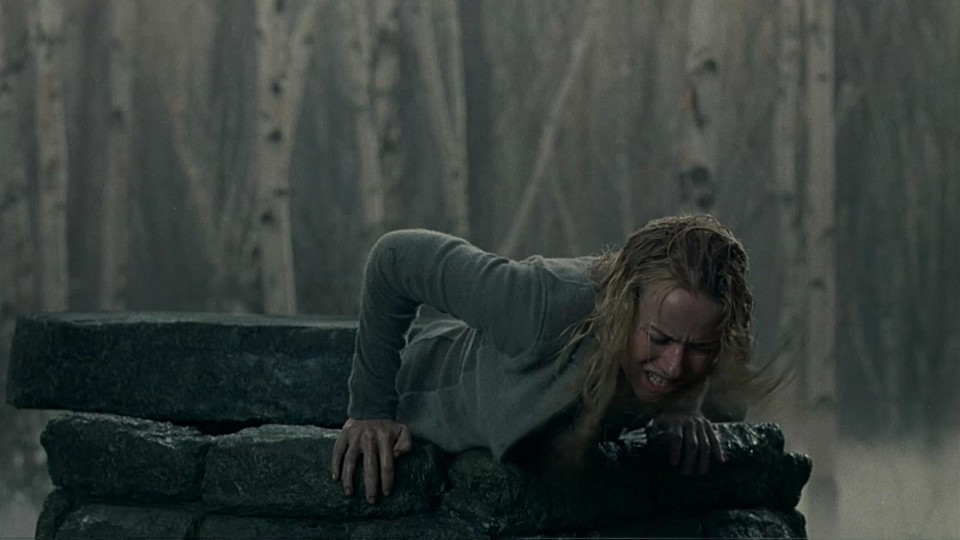
Pre-Hollywood: Nakata was a main driving force for starting the J-Horror craze with his series of nuanced, slow burn chillers – Ringu (1998), Ringu 2 (1999) and Dark Water (2002), that reinvented horror for a whole new generation. He also showed hints of diversity outside the genre with the impressively twisty-turny Neo-Noir effort Chaos (2000), proving he was no one-trick-pony.
Film in Question: When his Japanese classic was remade as the “The Ring” (2002) and became a smash in the states, an offer to direct the sequel seemed like an enticing match-up, yet sadly it wasn’t.
A case of East and West awkwardly crashing into each other – Nakata’s subtle pacing matched with Ehren Kruger’s slap-dash script never gel, the artful handle on western genre tropes just made things feel illogical and frustrating. It didn’t help that the film was saddled with baffling bad computer effects (deer attack!), zero scares and one of the most punchable creepy kid actors around, leading to a disappointing result that stuck a pin in a burgeoning franchise and put a damper on Nakata’s US career.
Aftermath: Nakata rightfully packed his bags and headed back to his home-turf and has been working with mixed results – folk lore adaptation “Kaiden” (2007) and franchise flick “Death Note: L Change the World” (2008) were big at the box-office but less successful with the critics.
Also it’s obvious that in parallel to the J-Horror craze dying so did his pedigree, with his last few attempts at returning to the genre being written off as tired. An ill advised second attempt to make a US movie “Chatroom” (2010) was equally unsuccessful. The man still directs prominently but by no means holds the same clout.